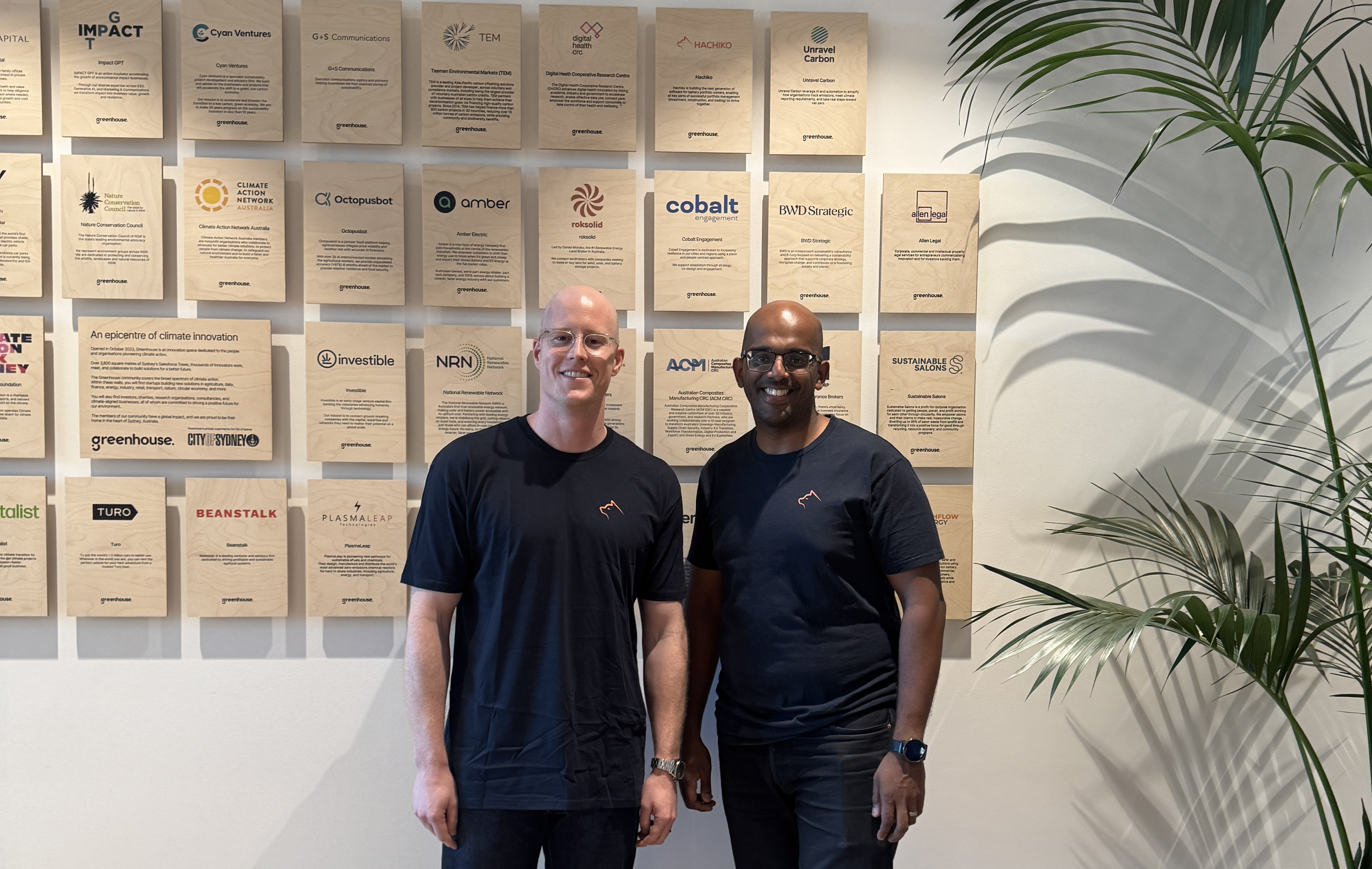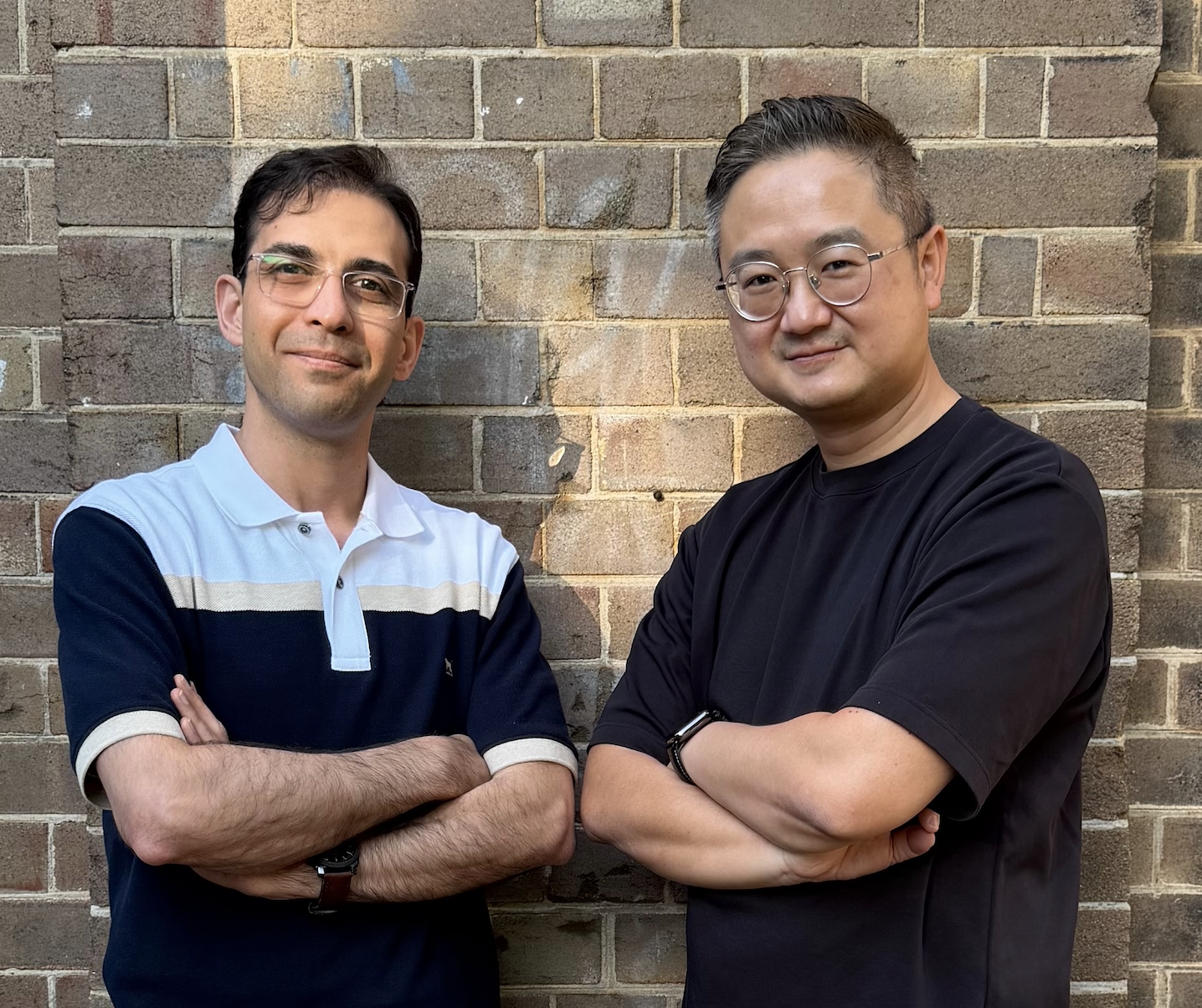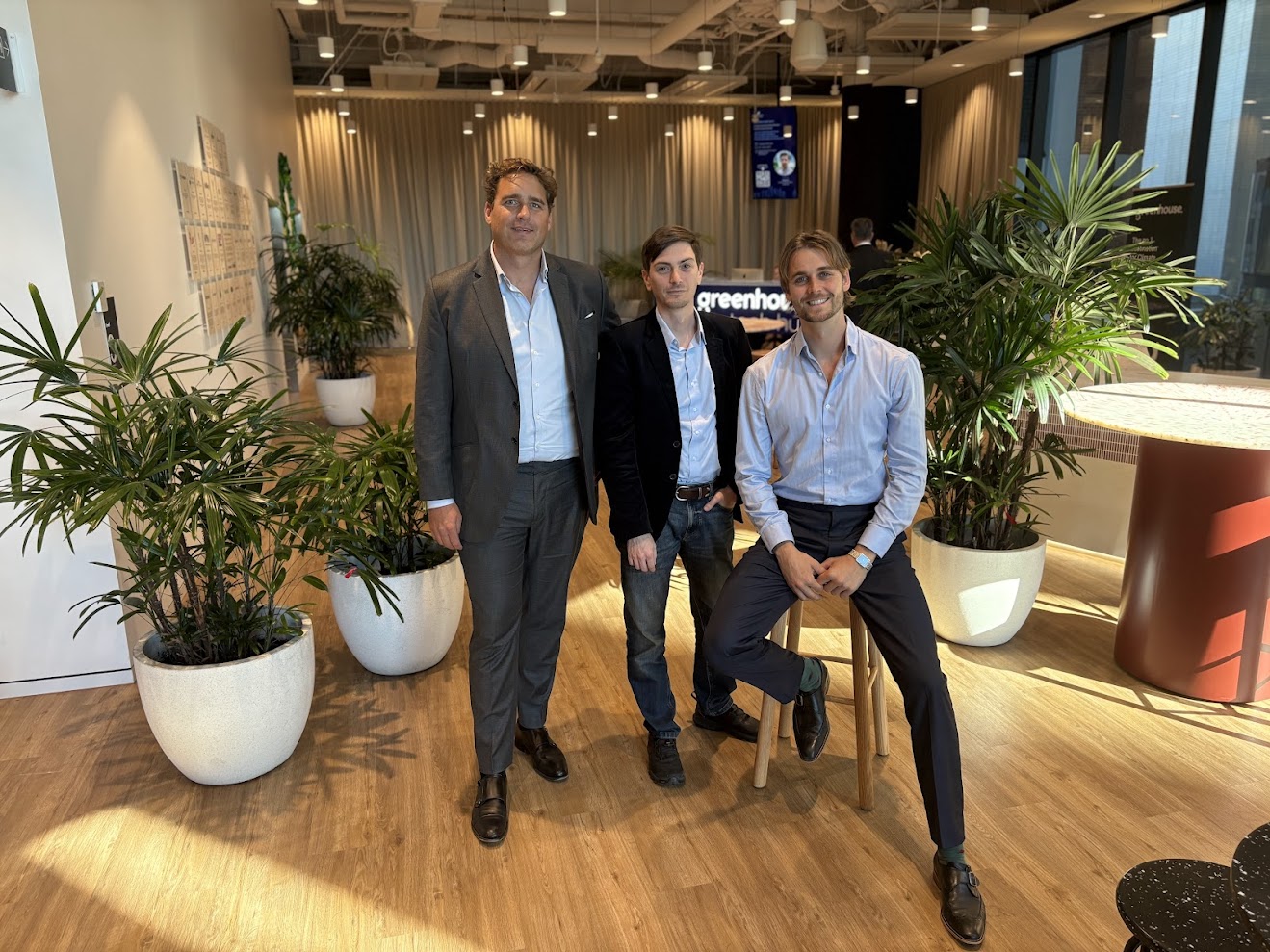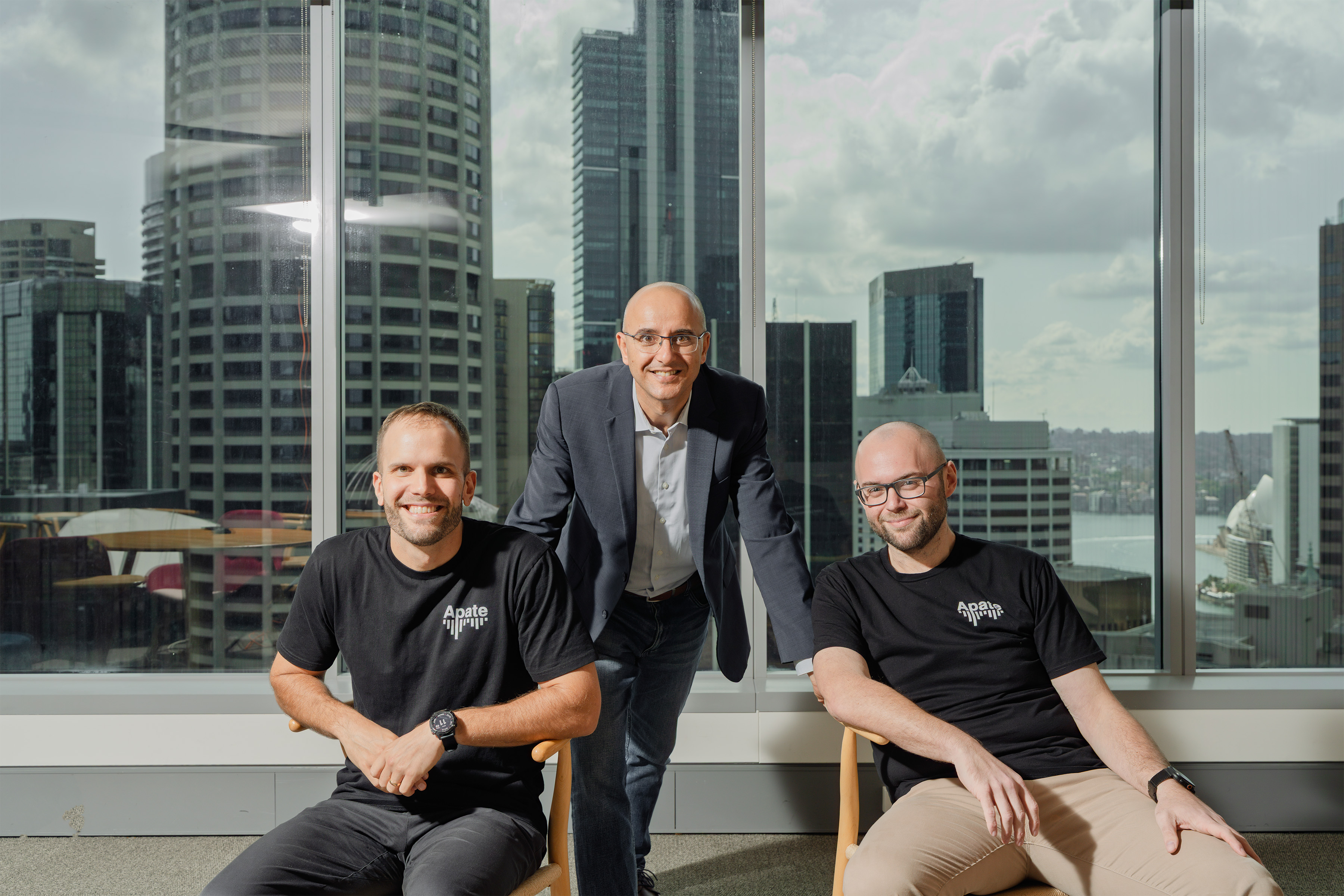
EV sales are anticipated to reach 10x those in 2020 by 2030. This rapid market expansion, following 5 years of extensive growth, is driven by a combination of shifting consumer sentiment towards cleaner modes of transportation and strong government legislative tailwinds. In turn, manufacturers are racing for ways to provide better and cheaper batteries to meet growing market demand.
Sicona’s technology improves the overall performance of lithium-ion batteries through the optimisation of anode chemistry. This significantly enhances battery energy storage capacity by a margin of 20-50% which translates directly to a greater travel range between charges. This is in addition to a potential charge time reduction to less than 15 minutes and upfront cost saving of an estimated $5000, putting money back in the hands of EV owners in the long run.
The Investible Climate Tech Fund and Club Investible joined Sicona’s $22M Series A raise, led by India’s Himadri Speciality Chemical Ltd with support from Australian VC Artesian, Waratah Capital, Riverstone Ventures, and Chaos Ventures. We are pleased to back the highly experienced team behind Sicona including founder Christiaan Jordaan who brings a wealth of knowledge in battery supply chain and experience as a previous entrepreneur.
Creating waves among shifting market dynamics
The EV market has taken off in recent years with the combined number of EVs and hybrids on the road doubling in size since 2020 alone. Over 27 million EVs are expected to have been sold globally by the end of 2022 up from just 10 million at the end of 2020. In the US alone EVs are expected to account for 52% of new car sales by 2030, a major increase from the meagre 8% currently.
The demand for EVs is being driven by a culmination of factors all rooted in the global drive to decarbonise the automotive and transportation industries by moving away from fossil fuels and towards electrification. Governments are now introducing legislation and targets to accelerate this transition, creating conditions that Sicona are well poised to capitalise on.

Global legislation leading the charge
Perhaps the most significant example of legislation to accelerate the global electrification of transportation to date is the US Inflation Reduction Act. The legislation which came into effect in late 2022, includes incentives for both consumers and EV producers to drive local adoption and manufacturing of EVs. To date, much of the supply chain for EV components, notably including raw materials like lithium, has been controlled by foreign markets such as China.
Growing demand and dependence on these supply chains has become an area of serious national concern for the US. The Inflation Reduction Act outlines significant subsidies for batteries whose components are manufactured in the US or in friendly countries such as Australia. This is a core advantage for Sicona who have built their first operational plant in Australia and aim to utilise 100% local supply chains in the major jurisdictions they operate in.
Igniting a dormant part of the battery conversation
To keep up with the demand for cheaper and more efficient batteries, manufacturers must find ways to innovate. While a number of new battery technologies are being explored as lithium alternatives, industry experts indicate lithium-ion batteries will continue to dominate the market for at least another 20+ years.
To date much of the work to enhance lithium-ion battery energy storage has been centred on optimising cathode materials. Sicona’s innovative technology focuses specifically on optimising anode composition which has seen minimal evolution since lithium batteries were first commercialised. Over 95% of lithium anodes are comprised primarily of graphite due to its stability. However, graphite’s limited capacity to store energy makes it challenging for this material to meet the demands of the advanced electric automobile market.
Using technology developed and acquired from the University of Wollongong, Sicona addresses this challenge through the addition of silicon, a material with 10x the energy storage capacity of graphite. The result is a silicon-carbon composite anode with 20 – 50% greater energy density than graphite alone which in theory correlates directly with a 20-50% increase in vehicle travel range.
A track record of growth boosted by easy adoption
While there are a number of well-capitalised technology operators in this space, many are working on much more complex technologies that have yet to mature and require significant shifts in the supply chain, raising the bar to easy adoption. Sicona’s technology easily slots into current manufacturing and supply chain processes, preventing increases in infrastructure costs and allowing quicker adoption.
Sicona is currently engaged in active dialogue with some of the largest and fastest-growing EV battery manufacturers and large Auto OEMs. Their production has started to optimise for scale, providing samples to customers with promising early traction following the commissioning of their Wollongong-based pilot plant at the end of March 2022.
Most recently, Sicona have acquired a major international patent portfolio, cementing their position as a globally significant battery materials champion. These patents are some of the most advanced silicon anode materials in the world, being developed at Dalhousie University, an epicentre of battery innovation. This acquisition netted Sicona 73 patents and 11 patent families, with tens of millions of dollars having been invested in the technology.
Powered by a strong team
The team powering Sicona holds a unique combination of commercial, technical and manufacturing experience. Co-founder and CEO Christiaan brings over 10 years of experience as an entrepreneur and CEO as well as a deep understanding of the battery supply chain industry. He is complemented by technical co-founder and CTO Dr Andrew Minett who carries a PhD in Electro-chemistry and has taken an active role in the scale-up of many early-stage companies. Together they are both supported by a team of scientists and engineers who are experts in their fields and have demonstrated an impressive level of determination and resilience to date, raising funds in previous rounds and securing their pilot plant.
We look forward to backing Christiaan and the team at Sicona on their journey to improve lithium battery performance and help support the global transition toward EVs.






